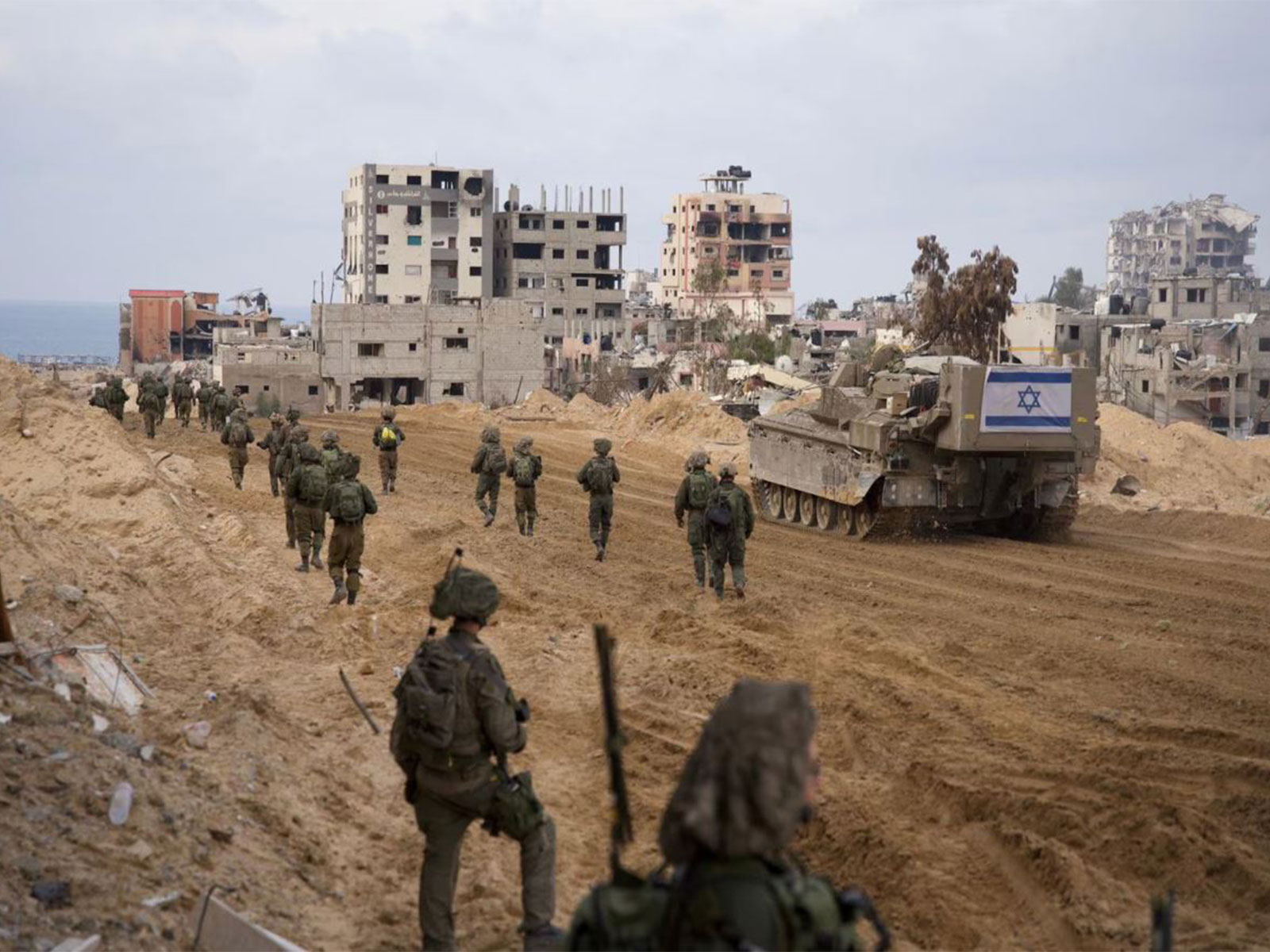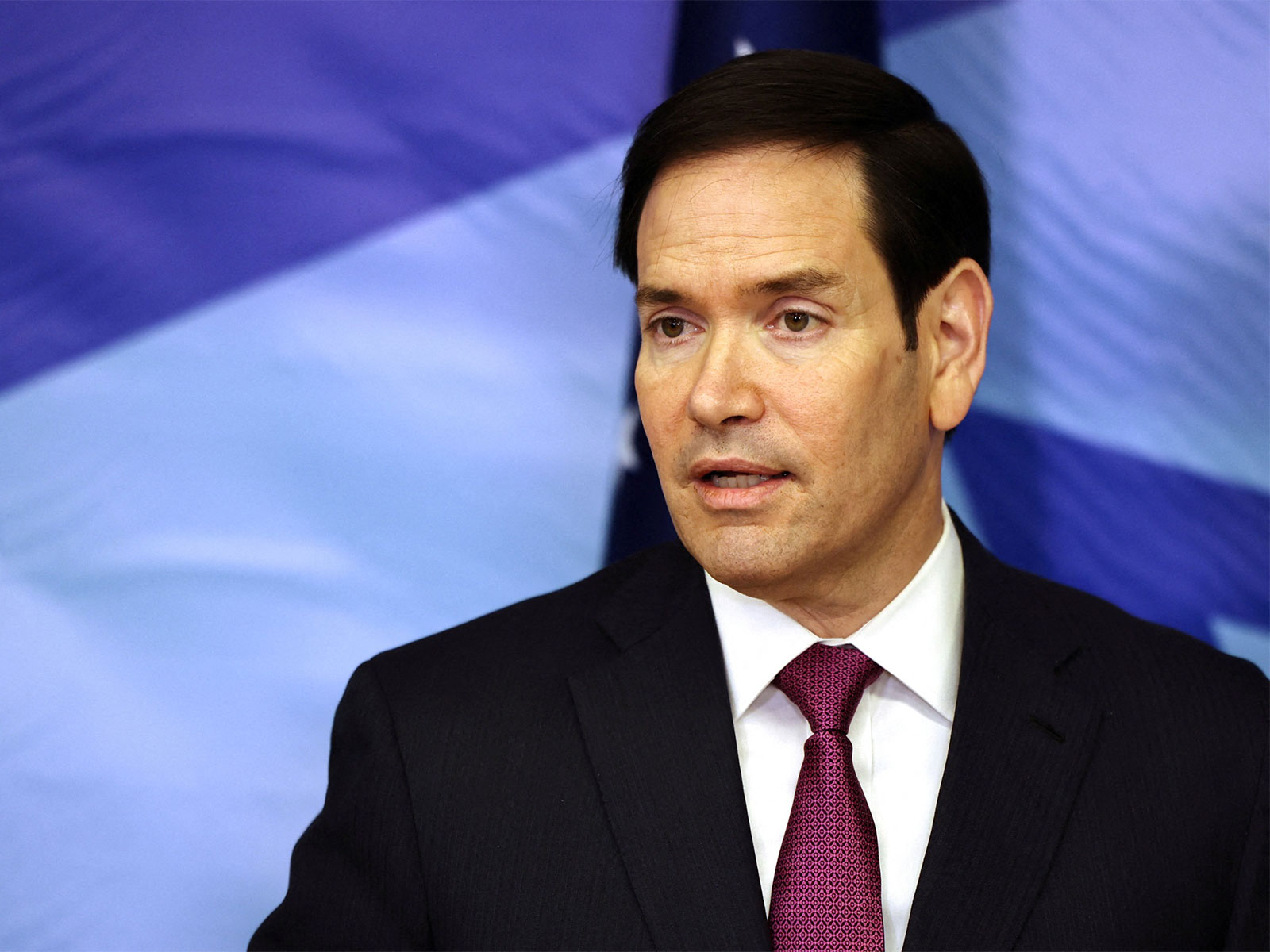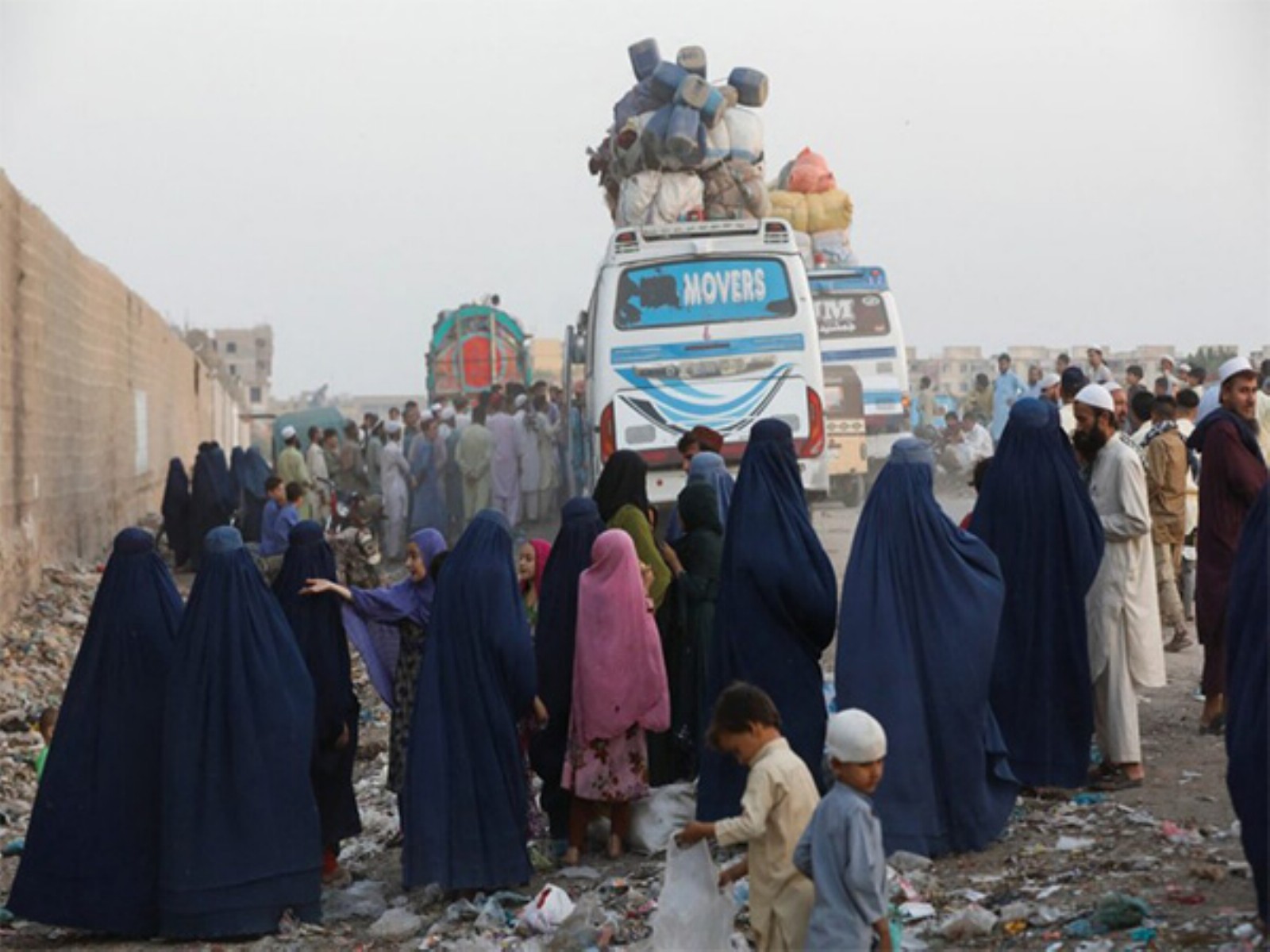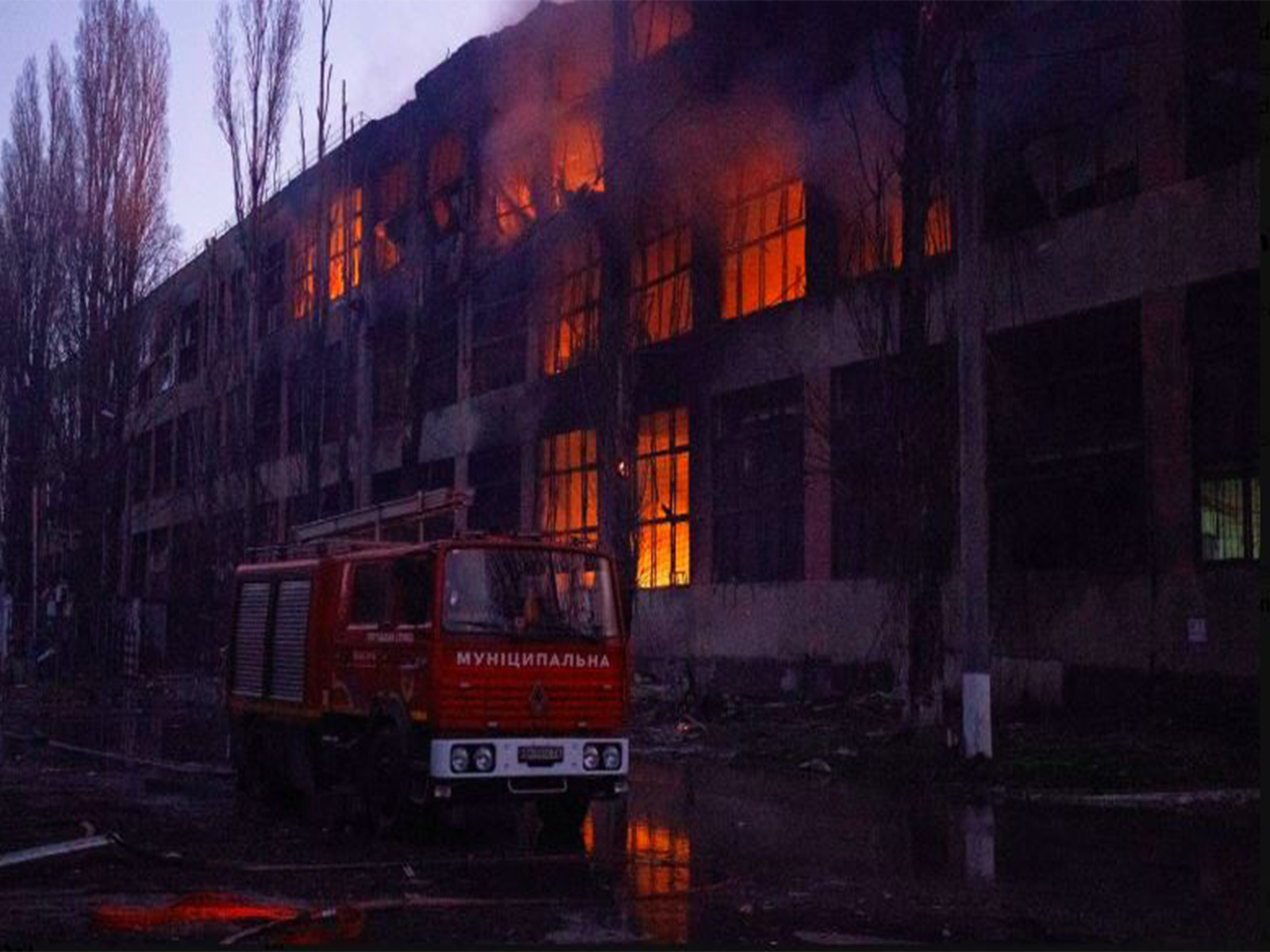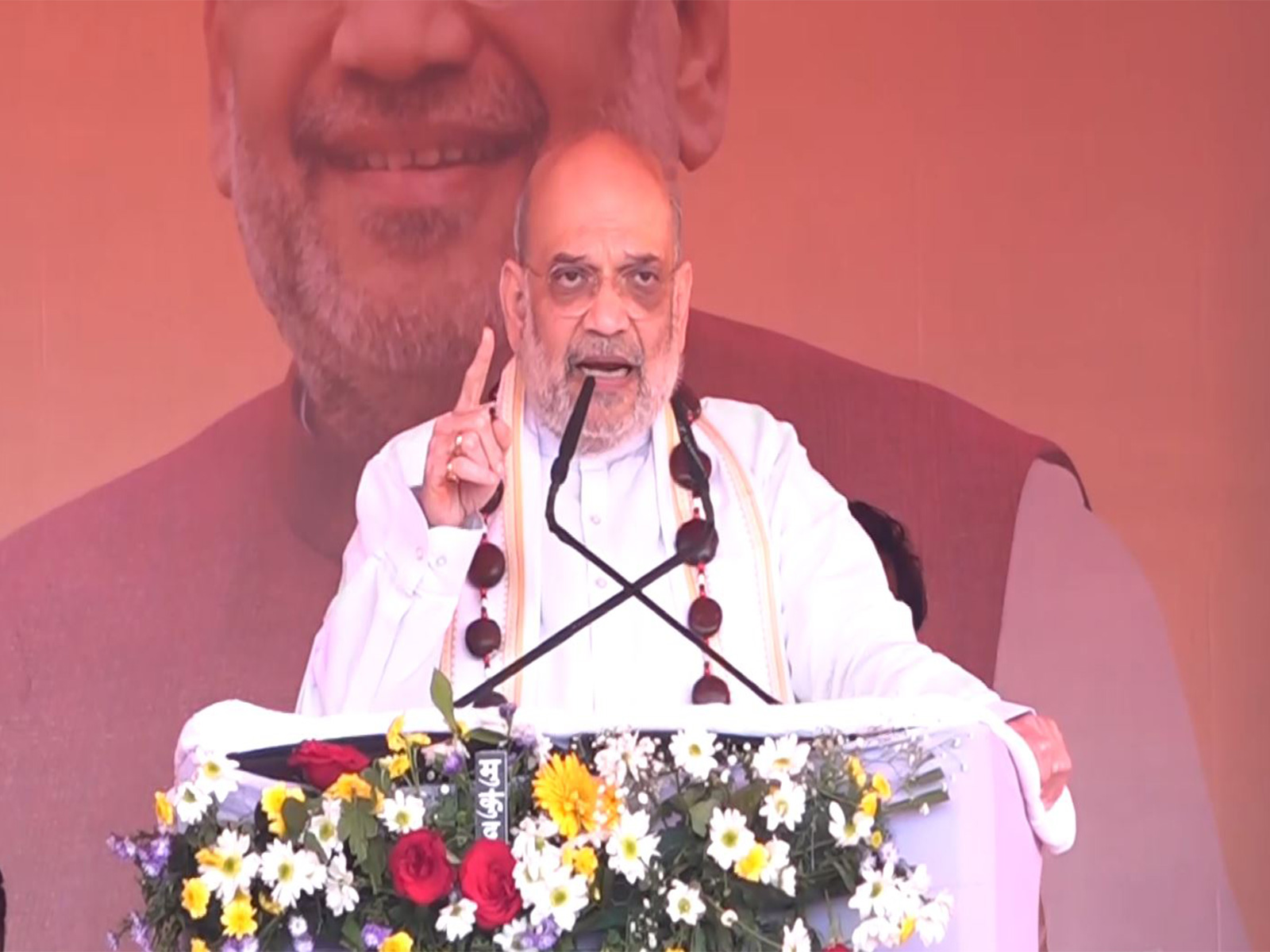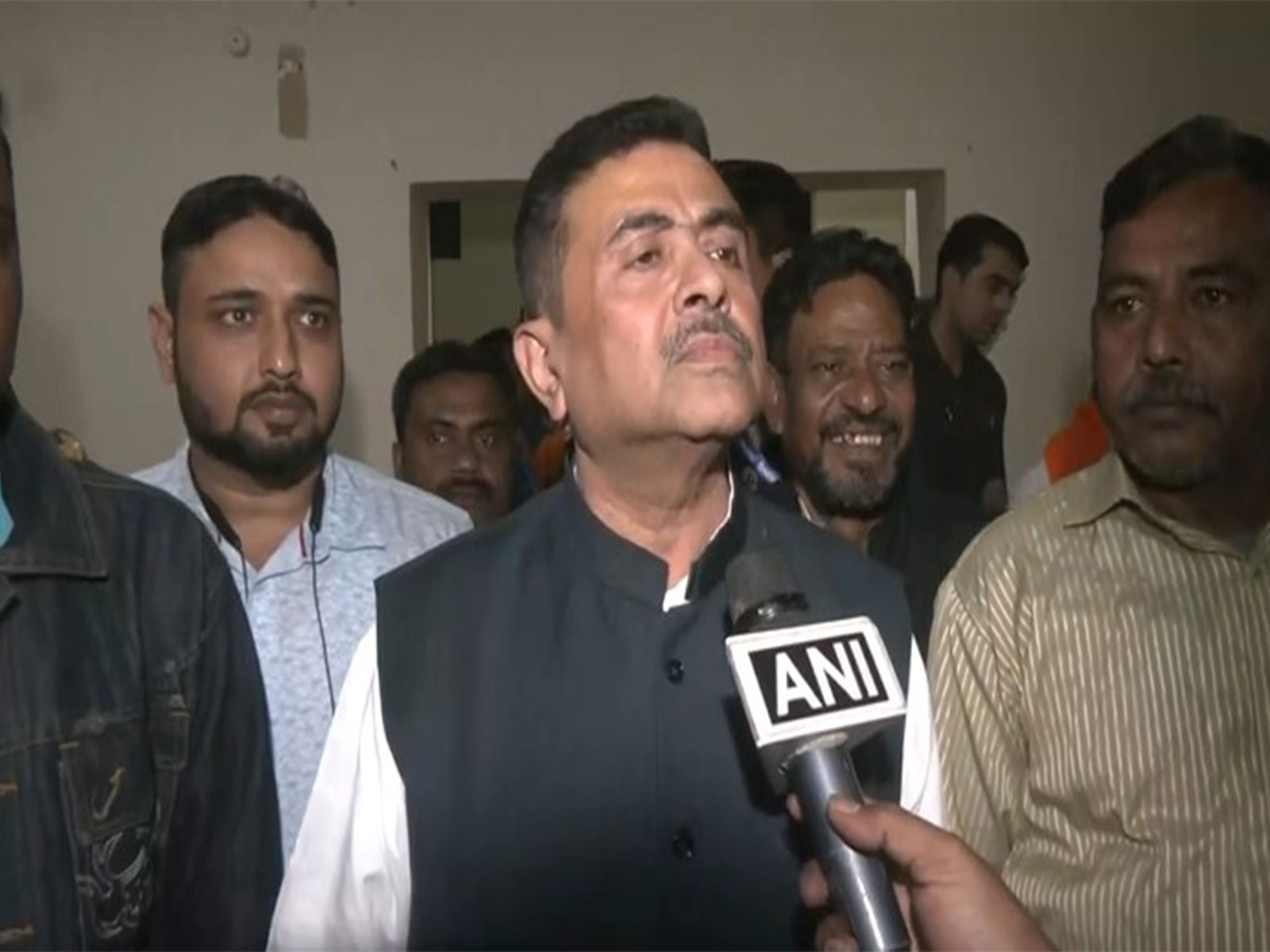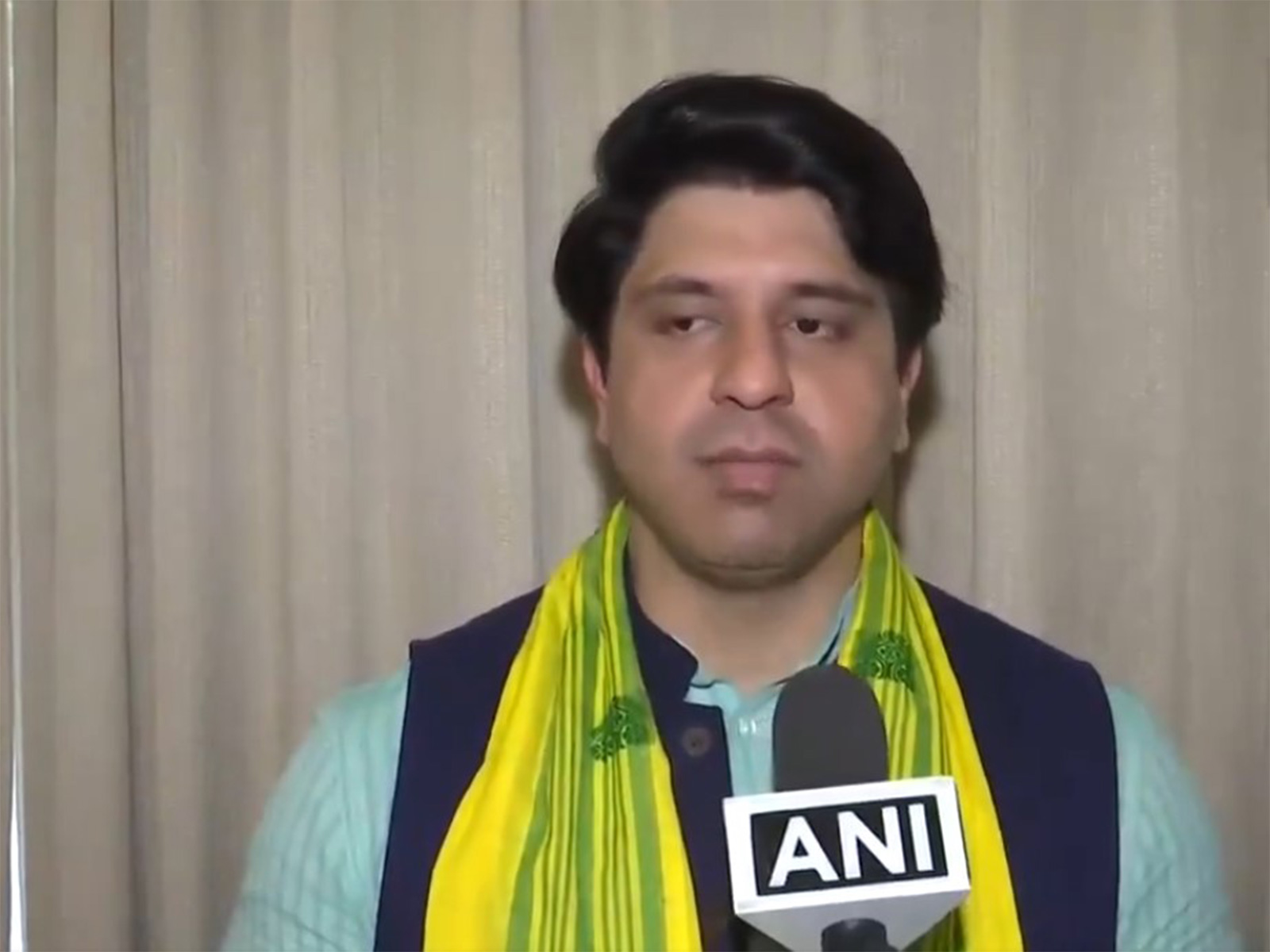Covid-19 posed severe challenges for peacekeeping mission: India at UNSC
May 25, 2021

New York [US], May 25 : India on Monday (local time) hailed the role of the United Nations (UN) peacekeepers during the ongoing pandemic, which posed severe challenges to peacekeeping and said that it has delivered 200,000 doses of Made in India Covid-19 vaccines for vaccinating all uniformed personnel deployed in various field missions.
India's Deputy Permanent Representative to the UN, Ambassador K Nagaraj Naidu, during a UN Security Council open debate said, "Covid-19 pandemic has posed severe challenges to peacekeeping missions and peacekeepers. We are pleased to note that peacekeeping missions are putting in place a series of mitigation measures to promote the safety, security and health of all UN personnel while maintaining continuity of operations."
"We have also delivered 200,000 doses of Made in India COVID-19 vaccines for vaccinating all uniformed personnel deployed in various field missions and are pleased to note that close to 140,000 field personnel have already been vaccinated using the same," Naidu said in the debate, ahead of the International Day of Peacekeepers observed on May 29.
"Towards this end, during the pandemic, India readily answered the Secretary General's call by upgrading its hospitals in UNMISS or United Nations Mission in South Sudan and MONUSCO or the United Nations Organization Stabilization Mission in the Democratic Republic of the Congo," the Indian envoy said.
The Indian envoy also urged for infusion of appropriate technology that can play significant role in improving the safety and security of the peacekeepers.
"Use of field-focused, reliable and cost-effective new technologies in peacekeeping operations that are driven by practical needs of end users on the ground is the need of the hour," he said.
Naidu also updated the Council on the development of a mobile tech platform to aid peacekeepers.
"India in partnership with UNDPKO Department of Operational Support has been has working towards development of mobile tech platform - UNITE AWARE - that helps increase situational awareness and provides terrain related information to peacekeepers," he said.
India has contributed USD 1.64 million towards this project, and hopes to launch it under our August Presidency later this year, read a release.
Over the years India has contributed more than 250,000 troops in 49 missions of the UN peacekeeping operations, cumulatively the largest from any country.
Presently, Indian peacekeepers brigade stationed in Goma, Democratic Republic of Congo (DRC) are saving lives of civilians stranded in the aftermath of the Mount Nayargongo eruption.
UN peacekeepers operate in a complex security environment involving armed groups, non-state actors and terrorists. The ever-expanding mandates of peacekeeping missions with limited resources has only added to the challenges and complexities that peacekeepers face on the ground.
The challenges are compounded further by the increasing use of improvised explosive devices (IEDs) by terrorists and armed groups against peacekeepers. The blue helmets, who are currently operating in 13 peacekeeping missions, are under tremendous pressure. More than 260 peacekeepers have died due to malicious attacks since 2013.
"It is evident that "Protecting the Protectors" should be our primary objective," urged the Indian envoy.
Naidu also suggested some measures for the Council's consideration. "Council to address these issues rather than burden peacekeeping missions beyond their mandate; missions facing IED threats should have dedicated resources to counter this particular threat; concerted efforts to upgrade the security infrastructure of camps of UN peacekeepers; peacekeepers provided full access to medical facilities, in accordance with the golden hour principle, throughout the mission area," read a statement.
India has also pledged a helicopter unit for MINUSMA United Nations Multidimensional Integrated Stabilization Mission in Mali. It has also upgraded medical facilities at MONUSCO (Goma) and UNMISS (Juba), informed Naidu.
Talking about peacekeepers deployment in increasingly complex and often hostile environments, he said, "Training is an essential and strategic investment in peacekeeping and is a shared responsibility between Member States and the UN Secretariat. India's Centre for UN Peacekeeping (CUNPK) set up in 2000 has a rich tradition of imparting not only pre-deployment training but also developing curriculum for emerging TCCs and delivering targeted training capsules including for women peacekeepers. India's CUNPK is looking forward to signing an MOU and partnering with the C4ISR Academy for Peace Operations (UNCAP) to prepare training modules on a range of capabilities."
He also appreciated UN Secretary-General's call for Action for Peacekeeping or A4P, under which close attention is given to improving the safety and security of UN peacekeeping personnel.
"We also welcome the launch of the A4P plus initiative which has further strengthened our commitment for safety and security as well as accountability of the crimes against peacekeepers. We also support the work of the Implementation Support Team for Fatalities and the Working Group on Accountability for Serious Crimes against Peacekeepers."
"It is also imperative to bring the perpetrators who committed heinous crimes against them, to justice. This needs collaboration and coordination between different stakeholders, including the UN and the host countries where the peacekeepers are deployed and extending assistance to countries who need help to frame these legislations," added Naidu.
